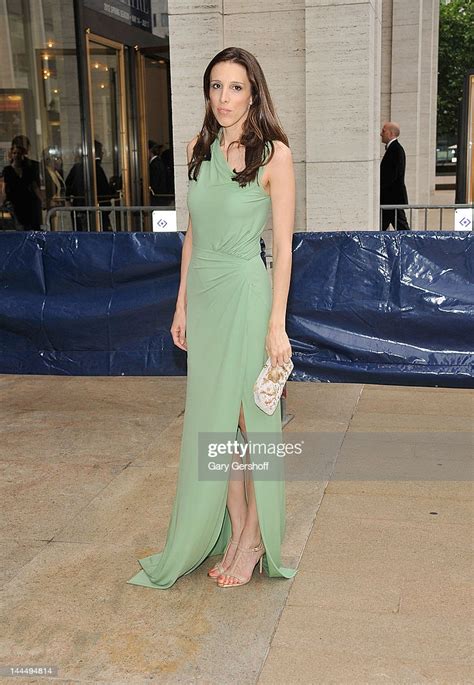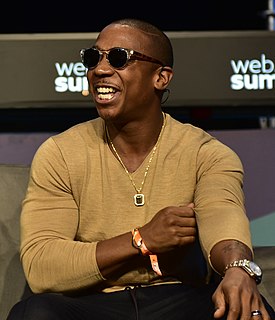A Quote by Jon Krakauer
As I point out in the very first pages of 'Into the Wild,' I approached this book not as a normal, you know, unbiased journalist.
Related Quotes
I was a journalist. I was a drummer. I was everything. I didn't know what the heck I was. But with Jack Paar, the job was very specific - no confusion. You came in each day. You wrote five pages of jokes. You handed the pages in... The pressure was to write five pages of jokes every day. I did it, and I thought, 'This is what I like to do.'
I might spend 100 pages trying to get to know the world I'm writing about: its contours, who are my main characters, what are their relationships to each other, and just trying to get a sense of what and who this book is about. Usually around that point of 100 pages, I start to feel like I'm lost, I have too much material, it's time to start making some choices. It's typically at that point that I sit down and try to make a formal outline and winnow out what's not working and what I'm most interested in, where the story seems to be going.
I have to get three pages done every day, and there's usually a point about 150 pages in where everything falls apart, where all the plans are for naught. The book has become something else, and I have a nervous breakdown, and then I submit to what the book has become, and I keep going, and that's a terrible and then a great time.
A lot of people say I tried to emulate Tupac, but when I look back at my career, we're very different artists. I took pages out of Pac's book, of course, and lots of other rappers - Biggie, Nas - of course you take pages out of those books, but you eventually make it your own thing. And I think I did a good job of that.
[as for evolution]....cutting out the sections [on the subject] is preferrable if the portions are not thick enough to cause damage to the spine of the book as it is opened and closed in normal use. When the sections needing correction are too thick, paste the pages together being careful not to smear portions of the book not intended for correction.






































